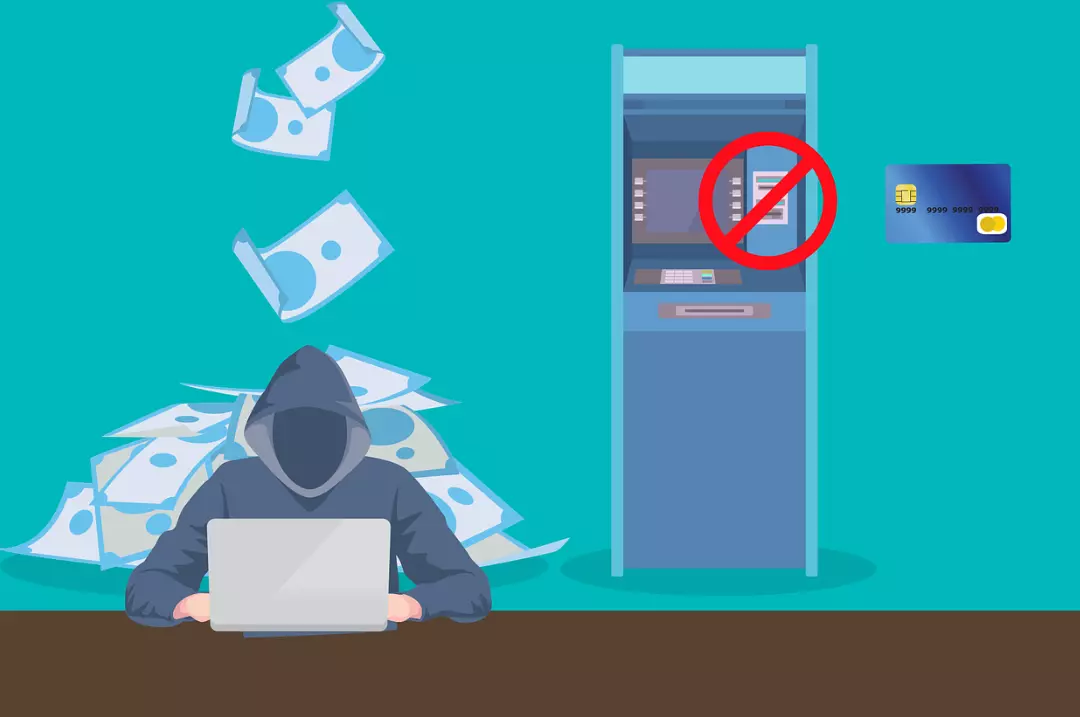In today’s digital age, financial scams have taken a new turn, using the vastness of the internet to prey on unsuspecting victims. Australians, like people worldwide, need to be vigilant to protect their hard-earned savings from online scammers. Here’s a comprehensive guide to help you navigate the digital world securely.
Understanding online financial scams
Online financial scams have become increasingly sophisticated, exploiting the trust of internet users. They range from phishing emails trying to steal personal data to complex investment schemes promising unrealistically high returns. The anonymity provided by the internet makes it a fertile ground for fraudsters.
Common online financial scams
Phishing
Scammers send emails pretending to be from reputable companies to get individuals to reveal personal information.
Investment scams
Offering high returns for low-risk investments.
Loan scams
Asking for an upfront fee for a loan that doesn’t exist.
Social media scams
Exploiting popular platforms to promote fake deals or gather personal data.
How to protect yourself from financial scams online?
Stay informed
Regularly updating oneself about the latest scamming techniques is crucial. Knowledge is your first line of defense.
Secure your personal data
Be wary of unsolicited requests for sensitive information. Regularly change passwords and use multi-factor authentication where possible.
Verify before trusting
Before making any financial commitments online, verify the legitimacy of the offer. Cross-check with official sources or seek expert advice.
Check financial statements
Regularly monitor your bank statements for any unauthorized transactions.
Use secure connections
Always use a secure connection when making online transactions.
Spotting red flags
Too good to be true
If an offer seems too good to be true, it probably is.
Urgency
Scammers often create a sense of urgency to pressure victims into making hasty decisions.
Vague details
Genuine financial institutions provide detailed information. Scammers often remain vague to avoid detection.
Actions to take if you suspect a scam
Do not engage
If you’re suspicious, do not click on links, download files, or provide any information.
Report
Report the scam to local authorities and any relevant online platform.
Inform your bank
If you’ve provided financial details, inform your bank immediately to take preventive measures.
The importance of continuous education
In the rapidly evolving online landscape, continuous education is crucial. Regularly attending seminars, webinars, or workshops on online safety can help you stay a step ahead of scammers. Financial planners and institutions often provide such training sessions, emphasizing the importance of online security in today’s world.
Conclusion
Protecting oneself from online financial scams is not just about being cautious but also about being informed. By understanding the threats, recognizing the red flags, and taking protective measures, Australians can ensure their financial security in the digital age. Remember, in the online world, it’s always better to be safe than sorry.
Sources:
https://consumer.ftc.gov/articles/how-recognize-and-avoid-phishing-scams
https://juliangoldie.com/seo-scams/
https://www.linkedin.com/advice/1/how-do-you-protect-yourself-from-malicious-links
https://www.linkedin.com/pulse/how-avoid-online-scams-stay-safe-isah-jimoh
How to Identify and Avoid Social Media Scams

